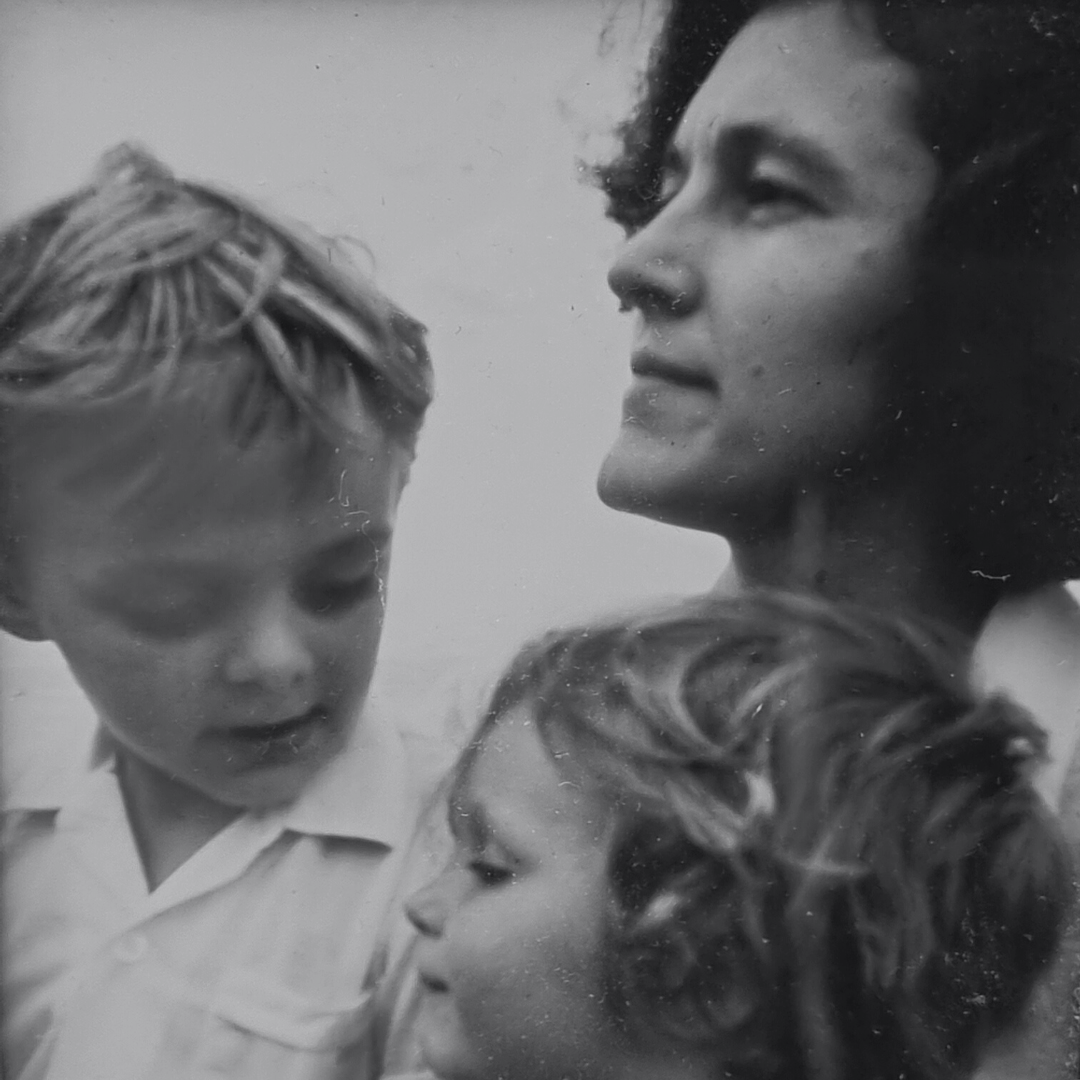Jean Day
Who do you want to be?
"FEARLESS CREATIVE LEADERSHIP" PODCAST - TRANSCRIPT
Episode 208: Jean Day
Here’s a question. Who do you want to be? And what are you waiting for?
I met my mother for the first time last week. It was five days before she died.
I say “met,” in the sense of making a connection. A feeling that, perhaps finally, we understood each other, that there was something between us other than a feeling of obligation on my side and a sense of loss on hers.
I was a needy, anxious child. Brought up by two parents who had suffered their own emotional trauma as children, growing up under falling bombs, night after night during World War II, I always felt something was missing. Safety. Reliability. Confidence. Happiness. These were in short supply.
What my mother could bring was a clear belief in right from wrong. We spent six months in South African when apartheid was in full swing. Her refusal to go into the whites-only aisle in the supermarket, or stay downstairs in the whites only section of the bus, meant we returned to England much sooner than planned. She died last week under the loving gaze of a picture of Sophie - our housekeeper from those six months in Durban.
She was a teacher for all of her life. Initially of school children. But once me and my sister arrived, of good from bad; of the needs of others; of family and social and world history. Of philosophy. Of theology. Of psychology. And especially, perhaps most especially, of the Queen. She loved the Queen.
In the second half of her life, her instinctive anxiety gave way to full-blown depressions which would hospitalize her for months. But through it all, there was a sense of British politeness and propriety, an unshakeable core on which her recoveries were always built.
Our relationship was a struggle. Early on, she couldn’t give me the confidence I sought. And later, my move to America meant I couldn’t give her the regular contact that she sought. We played the roles of mother and son without comforting each other in any meaningful way.
Six years ago she was diagnosed with leukemia. Modern medicine being what it is, they gave her three years to live and she lasted six.
When my sister called to tell me that the end was close, Chris and I got on a plane that night and spent the next eight days keeping watch with Elinor beside my mother’s bed.
When I arrived, my feeling was one of duty. A son’s responsibility to be there and to help in whatever way I could.
Somewhere in that room, I realized that was not who I want to be. I don’t want to be the adult, created by a childhood that was defined by my parents’ own trauma.
I don’t want my choices today to be a reaction to what I experienced in the past. I don’t want to spend the rest of my life searching for things to fill in the holes of my upbringing.
I don’t want to fear what I’m missing. I want to love what I have and be more of that.
As the week went on, I started to see my mother, this frail, helpless, confused and often frightened woman, entirely differently. Instead of wanting to draw back, I wanted to get closer. Instead of wanting to look away, I wanted to see. I wanted to touch. I wanted to know her.
I started to hold her hand. To smile at her. To make her half sentences important and statements of great wisdom and truth. To reassure her when she asked that yes, she could go to the garden with Grandma now.
Finally, the time came for me to say goodbye. She was barely awake any more, had long since stopped eating and was no longer drinking.
I sat on her bed and said thank you. For having me. For teaching me. For loving me. She mumbled something about taking care of her little boy. I promised her, through a wall of tears, I would.
For the last two days now, she had been largely incoherent. Nothing she said, not one thing, had a beginning, middle and end.
I kissed her goodbye and stood up to leave. Slowly, consciously, I turned back for one last time, and with as much lightness as I could muster said, “I love you, Mum. Goodbye.”
She suddenly looked at me, and with absolute conviction said clearly and firmly and empathically, “Goodbye, my darling.”
She died, peacefully, five days later.
Today, I have never felt so connected to her in all of my life.
I say all the time on this podcast and in my work, we do not have to be defined by the past or the expectations of others. We can all decide who we want to be and act with intention to be that person.
Too often we got stuck by an imperfect view of who we are and why we are that way. Frozen by fear of change, or the truth or an excuse without real substance and which has become a habit.
But our future selves are waiting to be written, to be lived and be loved.
Don’t wait too long.
Thank you for listening.


























